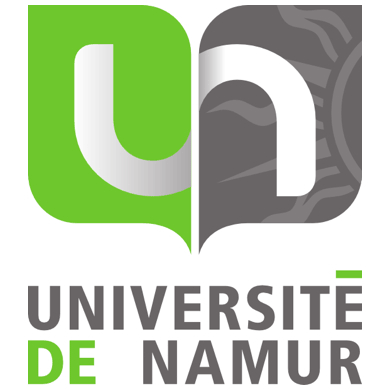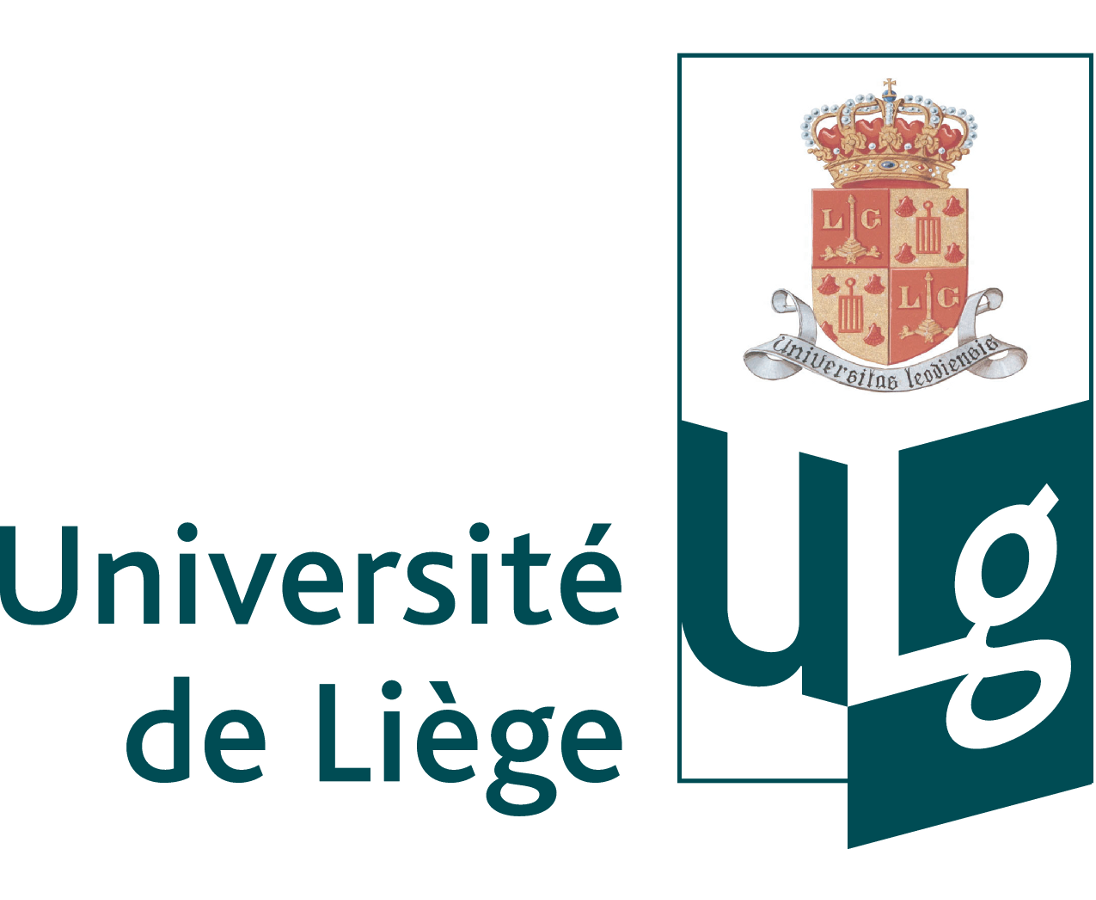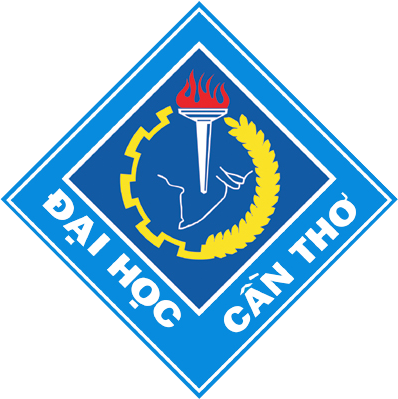Background
The impressive development of Vietnamese aquaculture, especially in the Mekong delta, has led to an increasing use of chemicals (including antibiotics) in order to cope with the risk of diseases often occurring in conditions of high fish and shrimp stocking densities. The common diseases are parasites, fungi, bacteria and viruses. Prevention techniques of diseases mainly include control of the environmental quality, careful selection of brood stock, reduction of stress of fish, supplementation feed with good nutritional ingredients, etc. As frequently observed in intensive rearing conditions, the chemicals are not always used properly, neither in terms of adequate prophylaxis (farmers are using antibiotics against many types of diseases and not only against bacterial pathogens), nor in terms of doses applied (often exceeding the recommended ones). Inevitably, bacterial resistance is arising and, as a corollary, efficiency of antibiotics and other chemicals is declining, creating a sort of vicious circle as the farmers are trying to solve the problem by increasing the application dose. Aside the economic costs due to overuse of chemicals and antibiotics in ponds, most chemicals negatively affect the health status of fish and shellfish by impairing their immune system, thus enhancing the risk of diseases and the production costs. Moreover, excessive use of chemicals in aquaculture directly increases the risk of fish and shrimp contamination, creating food safety problems for local consumers as well as for export markets. The access to export markets is indeed threatened by the risk of non-compliance with international food safety regulations and quality standards. The ultimate consequence could be a reduction of incomes generated by the aquaculture sector, which is among the most important activity in Vietnam (especially in the Mekong delta) and the third sector of exportation of the country.
Consumer demand for reforming fish and shrimp farms has been increasing with the focus on the quality, safety, elimination of concomitant pollutants, antibiotics, and carcinogens during the production process. This sets up a need for creating a new range of environmental-friendly alternative natural products, whichcan be made from renewable agricultural (plant or animal) organisms or micro-organisms.Nowadays, more environmental-friendly prophylactic and preventive solutions are required and natural bio-active products are searched for to enhance the immune system, resistance to stress, and health, as well as to improve the growth of cultivated animals, with the aim of replacing antibiotic and chemical usage in aquaculture production.
Plant or animal extracts contain several active compounds such as phenolic compounds, alkaloids, quinones, terpenoids, lectines, and polypeptides that have been shown to be effective replacements to traditional chemotherapies, antibiotics and vaccines. In addition, they are often inexpensive, act against a broad spectrum of pathogens, are easily biodegradable, and hence environmental friendly. The application of the mentioned compounds could be a promising strategy for a more sustainable aquaculture sector, as far as it is combined to friendly farming practices, high sanitary and nutritional quality products, environmental protection,… (reducing use of prohibited substances). Vietnam has vast geographical diversity and diverse botanical and animal resources. Those resources have a great potential to be developed as high-value aquaculture and agriculture products.
Despite their efficiency and the interest of a large proportion of fish and shrimp farmers to use pro- and prebiotics, natural derived products are not yet very popular in Vietnamese aquaculture, due to a lack of knowledge regarding the existence of such bio-active products in different wild plants and their efficiency on cultivated aquatic organisms. The scientific database for bioactive agents existing in Vietnam is still lacking and the real capacity of such compounds (in the form of crude or semi-(purified) extracts) to protect fish and shrimp against bacterial or viral diseases is still to be demonstrated, first into laboratory conditions and then in pilot-scale validation.
Funding organization: Académic de Recherche et d’Enseignement supérieur, Commission dela Coopération au Développement(ARES, CCD), Belgium




